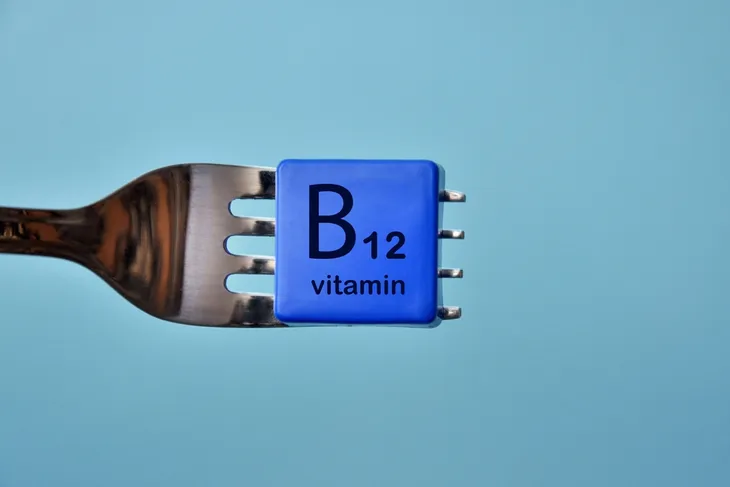Your tongue is more important than you might give it credit for. Without it, speech would be almost impossible, and you wouldn’t be able to enjoy the taste of that coffee in the morning.
However, the tongue can also be a radar for health problems, according to Healthline. The condition may be related to the tongue itself, or it could be a completely unrelated neurological disorder. Here are seven things your tongue may be trying to tell you about your health…
Neuralgia
This painful condition along a (damaged) nerve is almost unbearable in some cases. Neuralgia pain can travel to the tongue, causing very unpleasant sensations, according to Healthline.
Neuralgia itself can be caused by a number of factors, from simple aging to degenerative diseases such as multiple sclerosis. If you are experiencing tongue pain without any visible injuries on your tongue (i.e., from biting it) then a trip to the physician may be in order.
Menopause
Burning Mouth Syndrome is an actual condition, according to an article published by the U.S. National Library of Medicine. While menopause can carry its own unpleasant “hot flashes”, it can also cause painful a burning sensation in your mouth.
The burning sensation can be in several places in the mouth, but the tip of the tongue is common spot, notes the article. There are some medications that can treat burning mouth, but ” definite treatment is still unknown”, added the article.
Beckwith-Wiedemann Syndrome
This is a rare condition that can affect the tongue, namely by causing it to swell. Beckwith-Wiedemann Syndrome is defined as a congenital growth disorder that not only affects the tongue, but causes other organs to be enlarged as well.
Since the disorder is present from birth, it may be apparent in an infant, according to a New York Times article. There are some treatments available, and babies need to be watched closely to ensure no tumors develop. Swelling of the tongue can make feeding an even bigger challenge for newborns.
Poor Oral Hygiene
If you’ve skipped a lot of trips to the dentist, or even skipped regular brushing and flossing, your tongue will likely tell you about it. Symptoms from discoloration to pain in the tongue could be traced back by a lack of attention to your oral health, says WebMD.
A white tongue (white patches called Leukoplakia) can be from smoking or even be a sign of cancer, notes WebMD, so it’s important to go to the dentist for a closer look. You could even end up with a black, hairy tongue as a result of bacteria gone wild. Luckily, returning to a good oral health regimen can eliminate this problem.
Diabetes
This disease can have a range of symptoms, and your mouth is not exempt, notes the American Diabetes Association. Red or white patches on your tongue can be traced to diabetes, which is your body’s inability to produce insulin that regulates blood sugars.
Diabetes can also cause pain in your mouth when chewing, or heightened tooth sensitivity. It’s important not to let these symptoms slide, and seek advice from a medical professional if they persist. Unchecked diabetes can lead to much worse health complications.
Vitamin Deficiencies
Many Americans do not get the proper intake of certain vitamins and minerals that are essential to proper health. Healthline notes that a bright pink tongue could be the sign of an iron or B12 deficiency.
While having a pink tongue is one thing, having low levels of vitamins is another. Iron is important in the production of blood cells, while B12 helps you maintain optimal energy to carry out daily tasks (among other functions).
Anxiety
While nervousness can cause blushing, sweating, and shaking, it’s also possible it can cause swelling of your tongue (although less likely), according to some experts.
Anxiety (and some medications) can also lead to a dry mouth and tongue, which affects speech and swallowing. In some cases, the tongue can look normal but “feel” swollen due to anxiety symptoms. If you have a visibly swollen tongue, best to get it checked out sooner rather than later.










